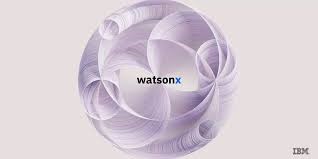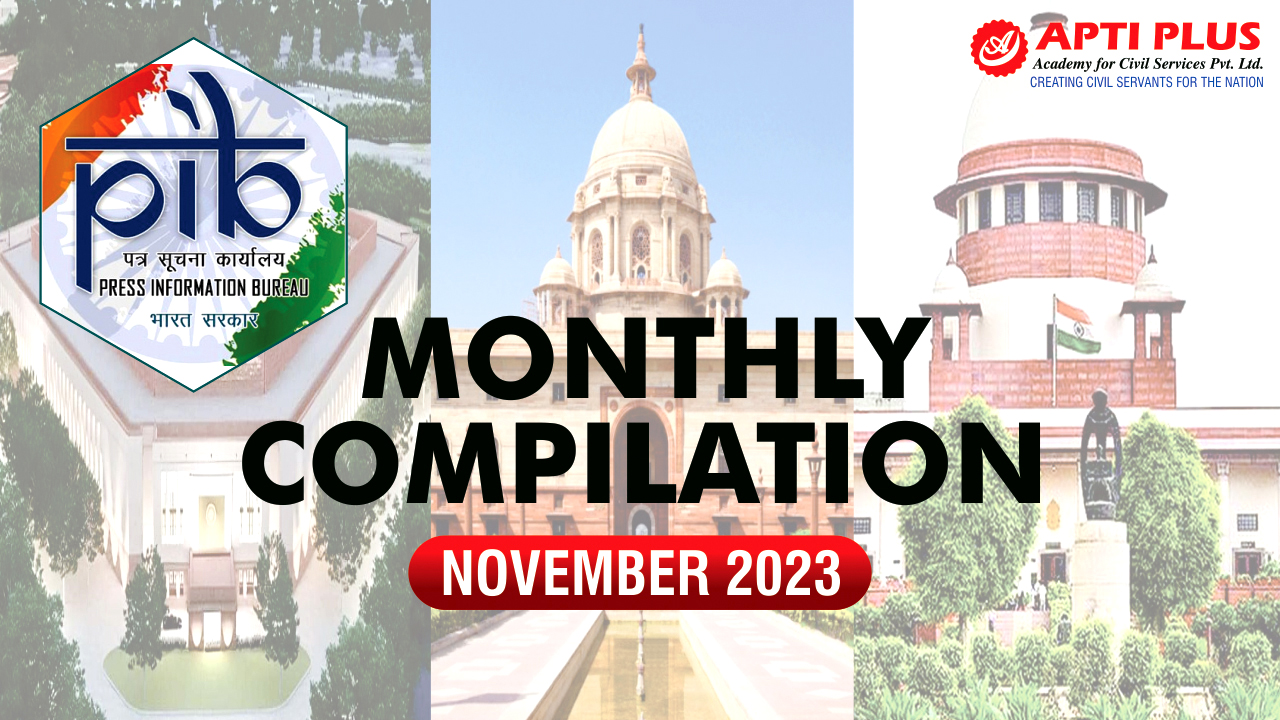Description

Disclaimer: Copyright infringement not intended.
Context
- At the recent COP28, NASA and IBM announced that an Artificial Intelligence (AI) tool called watsonx.ai would be available on the open-source AI platform Hugging Space.
About watsonx.ai
- It is a tool for artificial intelligence that IBM and NASA developed together.
- It will assist users in keeping an eye on Earth from space, measuring past environmental changes and forecasting future ones.
- Additionally, the model is made to be incredibly easy to use.
- All the user would have to do is choose a location and a date, and the model would take care of the rest, highlighting things like reforestation initiatives and variations in floodwater.

How is watsonx.ai operated?
- It is based on a foundation model, which is trained on a large amount of uncategorized data so that the model may transfer knowledge from one scenario to another.
- With Watsonx.ai, IBM developed the foundation model to analyse NASA datasets, which are provided in the form of satellite images rather than text.
- Scientists filled in the missing pieces in each image and asked the model to piece it back together in order to train it to understand visual sequences that unfold over time.
- As it put more pictures back together, it got better at determining how the pictures related to each other.
- After then, the model was modified for specific tasks like classifying and segmenting images.
What is watsonx.data?
- It is a suitable data store that is enhanced for workloads including AI and controlled data.
- It is intended to give businesses the ability to scale AI workloads by utilising their whole data set.

What is watsonx.governance?
- It is a comprehensive set of tools covering data and AI governance.
- It offers AI governance features, such as model management across the AI lifecycle, to assist clients in developing accountable, transparent, and comprehensible AI processes.
|
PRACTICE QUESTION
Consider the following statements regarding the watsonx.ai:
- The Indian Space Research Organisation created this artificial intelligence tool.
- It aids in measuring environmental changes by keeping an eye on Earth from space.
Which of the statements given above is/are correct?
A) 1 only
B) 2 only
C) Both 1 and 2
D) Neither 1 nor 2
Answer: B
|










